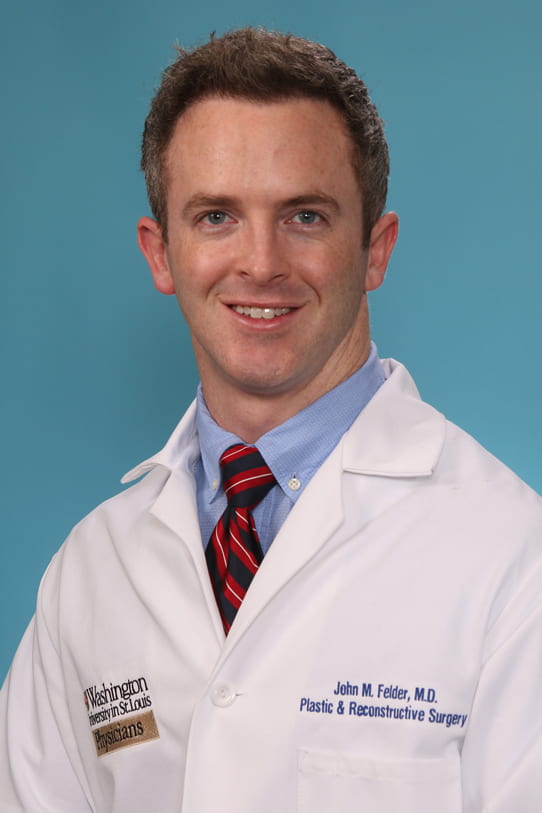The increase in diabetes in the U.S. has caused an increase in the number of amputation surgeries. A disease that can affect the flow of blood to the body’s extremities, diabetes can lead to neuropathy, calluses, ulcers, poor circulation and non-healing wounds. More than 185,000 people undergo amputation surgeries annually; more than 2 million people in the U.S. live with limb loss, a statistic expected to double by 2050. And at least half of these are the result of vascular disease and complications from diseases such as diabetes.
Why Choose Us?
The specialists working in our Limb Preservation Program are leaders in their field, using the latest techniques and strategies to preserve limbs whenever possible, whether they are at risk due to disease or trauma.
Early intervention is key to limb preservation. We collaborate with specialists from vascular surgery, podiatry, wound care, infectious disease, nephrology, cardiology, endocrinology and geriatrics, among other specialties, to identify people at risk of limb loss and apply advanced techniques to help them avoid amputation. We also work closely with specialists in rehabilitation, physician therapy and prosthetics.
Conditions We Treat
- Surgical wounds
- Lacerations
- Skin grafts
- Cosmetic wounds
- Pressure ulcers
- Leg ulcers
- Diabetic ulcers
- Burns
- Trauma
Request an Appointment
Schedule by phone
New and existing patients, call:
314-362-7388
For a pediatric plastic surgeon, call:
1-800-283-5848
Patient Care
What to expect
Our limb preservation specialists will perform an initial tissue assessment to help determine the most effective treatment plan. The care they provide to patients may include revascularization, reconstruction and hyperbaric oxygen therapy. Inpatient or outpatient rehabilitation may also be coordinated for debridement, podiatry, gait evaluation, prosthetics and footwear.
Preparing for your visit
Before your first meeting with one of our specialists, we encourage you to spend some time thinking about the goals you want treatment to help you achieve. Make a list of questions you have and concerns about treatment you’d like to discuss, and bring them with you. Your specialist will have lots of questions for you, too, so come prepared to talk about your health history and your current condition. In some situations, it can be helpful to invite a trusted family member or friend to accompany you to your appointment as they may have a perspective that is relevant and valuable—and may be helpful to you in discussions after your appointment as you consider treatment options.
If our limb preservation team is working with you after a traumatic injury, they will thoroughly discuss the treatment options available, including benefits and potential risks.
Patient Resources
Following is a select library of materials you may find helpful. If you’d like to learn more, please read:
Our Physicians

Kelly Currie, MD
Assistant Professor of Surgery

John M. Felder, MD
Assistant Professor of Surgery